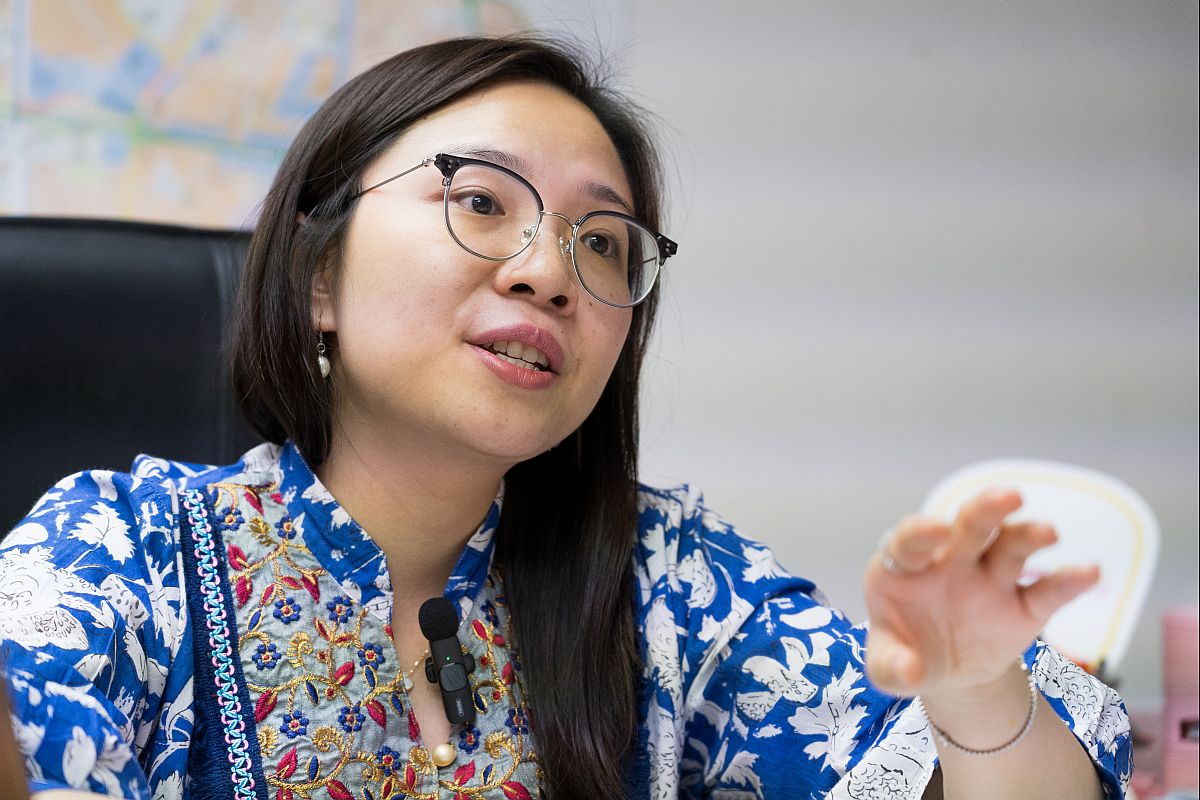KUALA LUMPUR, Oct 25 — Selangor Public Health and Environment state executive councillor (exco) Jamaliah Jamaluddin is calling for clear standard operating procedures (SOP) to improve state and federal government cooperation in managing outbreaks and pandemics.
The DAP lawmaker is concerned that if the control shifts from the central government to state administrations for managing future epidemics and disease outbreaks, it could disrupt the existing power balance and make the federal government delegate more of its duties to the state government.
“I hope that we can actually develop good governance because, at the end of the day, [the] federal government has their own set of roles and responsibilities, so does [the] state.
“The federal government has their own roles and responsibilities when it comes to the Ministry of Health (MOH) and the state plays a different role and responsibility, and we need to support each other.
“It’s very sad to see a situation [where] you only get support when the governments are aligned. It shouldn’t be [like] that.
“My personal opinion is that we should be professional in addressing public welfare. So, I am actually more towards how we can build good governance in regulation.
“For example, sharing information when needed and having standardised [procedures when] certain outbreaks happen. I feel that is more important rather than you say that you are going to centralise or decentralise, because, in the end, there will still be a lot of information that, no matter what, federal government will have higher capacity than yours,” Jamaliah said during an interview with CodeBlue at her Damansara Utama office last October 11.
Jamaliah believes that decentralisation should not translate into either party withholding power from the other side because of party or ideological differences.
Jamaliah recalls a lot of “finger-pointing” during the initial years of the Covid-19 pandemic as both the federal and state governments claimed that pandemic matters fell under their respective jurisdictions.
“The one that I remember will be about allowing manufacturers to be open or not. And that’s why I feel that sometimes, especially during pandemic time or any critical time, it is very important for us to actually have a clean line between federal and state.
“So people can [hold] both governments accountable for the decisions they make. And sometimes I feel that that is very important when you look at comparing it to other factors.”
Not Possible For Selangor To Hire Government Health Care Staff
When it comes to hiring government health care workers, Jamaliah said it is unlikely for the Selangor state government to do so, even though many medical officers want to serve their own communities rather than those outside their home district or state.
The health and environment exco added that it would not be possible as it would lead to management issues.
“When you are talking about the hiring of health care staff within Selangor state, but at the same time, we also probably need to consider how you are going to give direction, narrative, or instruction with two different hiring systems.
“Why it is parked under MOH is because we want to ensure that the whole state is aligned with the narrative direction: what’s supposed to be done and all that.
“So I feel that, we can discuss it, but whenever we want to make such a decision, we’ll need to actually look at the overall picture to see [if] the pros actually exceed the cons and will that create an additional issue in the future that [is] probably going to be more complicated than [the] existing situation?”
CodeBlue previously reported that Borneo was the primary beneficiary of the MOH’s nationwide relocation exercise of contract medical officers for permanent positions, effective July 31.
While Sabah and Sarawak each gained a net total of 551 and 519 medical officers respectively, the Klang Valley suffered a net loss of 360 doctors, threatening to worsen the already critical staffing shortages in the public health care sector in the industrial region.
The MOH later revealed that out of approximately 4,200 doctors involved in the relocation exercise, 1,843 appeals were made, as many preferred to remain in their existing positions.
Out of that number, the MOH only approved 332 of those appeals. Some medical officers may have opted to decline the permanent offers and remain in their current workplaces.
Additionally, Jamaliah said that the Selangor state government will not be able to allocate funds for the hiring or retaining of health care workers either as it fell under the prerogative of the federal government.
“I feel that if I want to conclude, actually, for the Selangor state government, we put health care [and] public health, we take it seriously. And that’s why, actually, we’ve budgeted a huge sum for it.
“Although we are just a state government, we do understand, and we acknowledge that health is something that is important. Not just because of the health portfolio, but also because it relates with other aspects.
“For example, if you don’t have a healthy family, probably, it will affect your economic activities, probably, it will also affect your happiness within the family and then your quality of life.
“So, we take it very importantly, and we are trying our best to complement and support [the] federal government, but I think it’s also important for us to acknowledge that each level of governments will have their level of responsibility and commitment towards the public health portfolio.
“I feel it’s very important for us to understand and have awareness for us there so that we can ensure each party will do their very best when it comes to health care, and when it comes to restructuring health care and ensure that we’ll have a better health care system in the future.”







